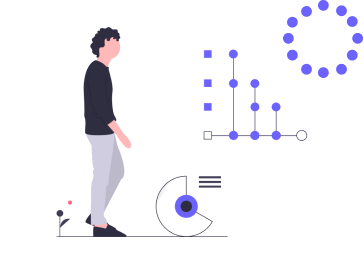The UN explains: "Obtaining a quality education underpins a range of fundamental development drivers. Major progress has been made towards increasing access to education at all levels, particularly for women and girls.
Basic literacy skills across the world have improved tremendously, yet bolder efforts are needed to achieve universal education goals for all. For example, the world has achieved equality in primary education between girls and boys, but few countries have achieved that target at all levels of education."
